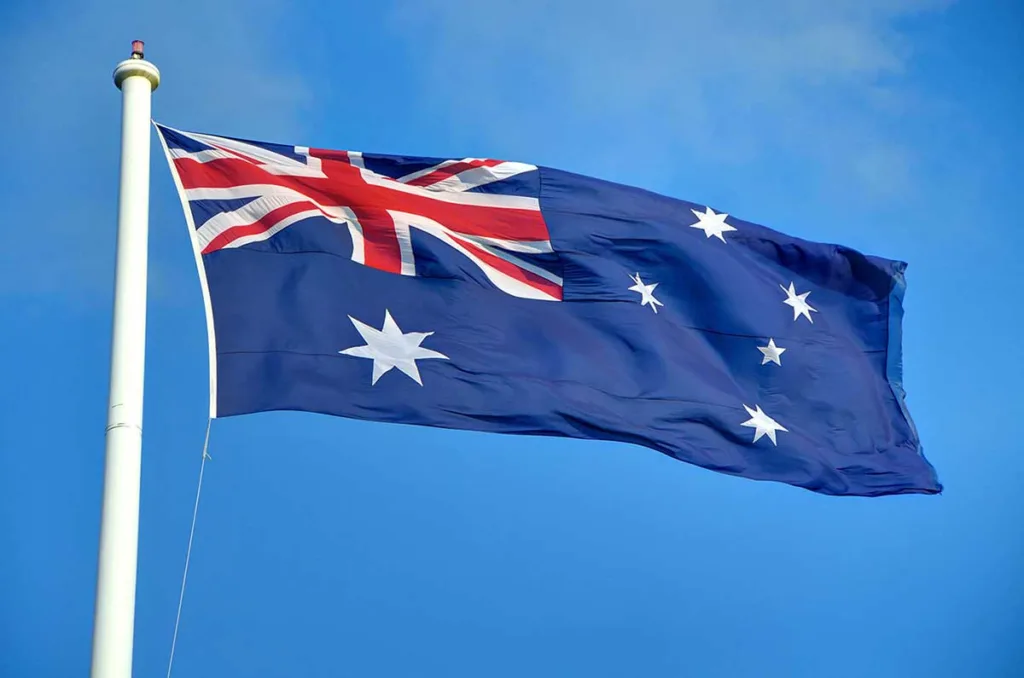The Weekly Media and Intelligence Report Australia for 2 May 2025 presents a comprehensive look at the nation’s political dynamics, defence industry activity, and public discourse as the country approaches a critical election phase. This report, compiled by national defence and media analysts, highlights key developments that affect not only policymakers but also industry stakeholders and the general public.
In this article, we examine the most significant narratives from the week, focusing on election strategies, defence procurement, policy shifts, and public sentiment.
Federal Election Enters Final Phase
One of the focal points of the Weekly Media and Intelligence Report Australia is the intensifying federal election campaign. With just days remaining before the national vote, both major political parties are ramping up efforts to capture public support. Prime Minister Anthony Albanese’s Labor Party and Opposition Leader Peter Dutton’s Coalition have each presented competing visions for Australia’s future.
Labor’s messaging this week has centred on economic stability, job creation, and climate action. Albanese reaffirmed his commitment to renewable energy expansion and further cost-of-living relief. Meanwhile, Dutton’s Coalition has doubled down on national security, immigration control, and traditional values.
The report outlines how polling trends have shifted slightly in Labor’s favour, but several marginal seats remain tightly contested. Voter fatigue and a growing desire for bipartisan collaboration have also emerged as talking points across the media landscape.
National Security and Defence Updates
Another major theme in the Weekly Media and Intelligence Report Australia is national defence. The report sheds light on new updates regarding Australia’s procurement strategies, technological collaborations, and strategic partnerships.
This week, discussions continued around the AUKUS agreement and its implications for domestic shipbuilding. The Australian Defence Force (ADF) has been actively engaging with stakeholders in the private sector, promoting innovation in AI, cyber defence, and surveillance technologies.
Notably, several defence contractors have flagged concerns over supply chain resilience amid global tensions. Government officials responded by outlining measures to boost local manufacturing capacity and secure essential materials for future capability development.
Additionally, a series of training exercises involving Australian and allied forces took place across key regions, signalling readiness and interoperability with global partners.
Public Sentiment and Media Landscape
The Weekly Media and Intelligence Report Australia also tracks media trends and public sentiment, offering insight into the narratives dominating newsrooms and online forums.
One prominent issue this week has been the affordability crisis, particularly in housing and groceries. News outlets and political commentators have highlighted how inflation continues to impact everyday Australians, with price spikes for essential goods generating backlash on social media.
The report notes that both parties have attempted to address these concerns through targeted policy proposals. However, trust in political promises remains mixed, with voters demanding more transparent implementation strategies.
Meanwhile, the national conversation around Indigenous rights and constitutional recognition has regained momentum. Media coverage on community-led initiatives and parliamentary engagement reflects an evolving understanding of reconciliation in Australia.
Industry and Economic Signals
From an economic perspective, the Weekly Media and Intelligence Report Australia outlines key data released this week, including housing prices, trade figures, and business sentiment indices.
Australia’s housing market continues to soar, particularly in urban centres, driven by limited supply and high demand. While investors benefit, first-home buyers remain at a disadvantage, calling for greater policy intervention.
In the defence sector, investment in digital transformation and R&D is growing. Startups and tech firms working in satellite communications and remote surveillance are seeing increased engagement from government agencies and larger industry players.
The report also highlights growing concerns over skills shortages, especially in advanced manufacturing and engineering. The education sector is expected to play a pivotal role in addressing workforce needs over the coming decade.
Conclusion: Strategic Outlook Moving Forward
As the nation stands on the cusp of a federal election, the Weekly Media and Intelligence Report Australia underscores the importance of cohesive policy direction and strategic industry partnerships. The report not only reflects political priorities but also the evolving needs of Australia’s defence and civil sectors.
With strong voter engagement and increasing scrutiny of public spending, the next government will face immediate pressure to deliver results. Meanwhile, defence and industry leaders must navigate a global landscape marked by uncertainty, all while ensuring Australia’s security and prosperity in the long term.
